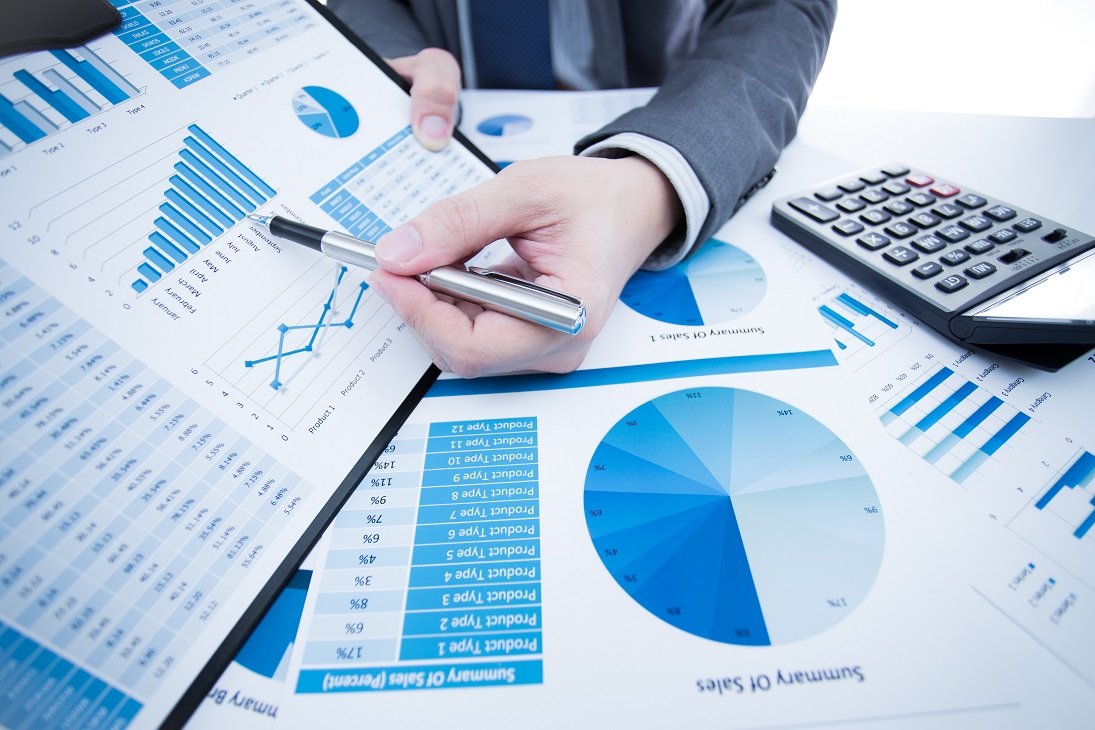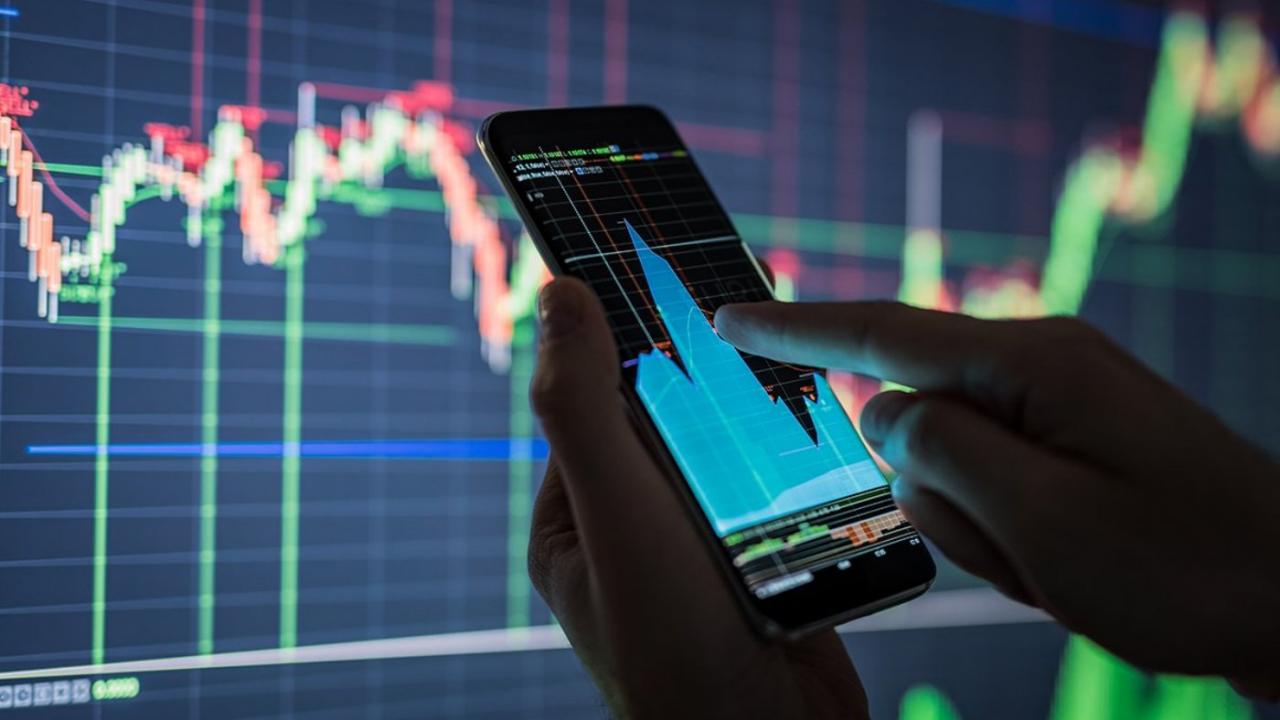What is the difference between a broker, trader, dealer, broker, agent
Distinguish between private and professional traders.
Professional traders act on behalf of financial companies, trading the company’s funds in order to make a profit. In order to become a professional trader, you must have a financial education (especially when trading on the stock exchange), a trader’s license (certificate) and significant trading experience (at least 6-12 months of successful trading) in the financial markets.
Such traders can trade both via the Internet, using trading terminals, and being directly on the exchange, trading “in the pit” (on the floor) of the exchange.
Trader
Trader a person (individual or legal) engaged in trading activities in the financial markets with a speculative purpose on their own initiative. The goal of a trader is to make a profit from trading on fluctuations in the price of a trading instrument (asset).
Private traders are engaged in trading activities with their own money or manage the funds of investors. As a rule, private traders may not be licensed or financially educated, and almost always use the intermediary services of brokers to enter the market.

The managing trader can be either a professional trader or a private trader who accepts investments to manage them for profit. You can read more about the activities of managing traders in the article dedicated to PAMM accounts.
According to the style of trading, traders are divided into the following groups:
Day traders — trade within one working day (trading session), closing trading positions without transferring them to the next day. They use technical analysis of the market, and often trade on market fluctuations against the backdrop of economic news releases.
Scalpers use the scalping strategy in trading, which involves making a large number of transactions of short duration, most often with a large amount of funds.
Short-term traders (positional) – hold open positions for several days. More often used technical analysis of the market.
Medium-term traders – transactions have a duration of several weeks or months. The most commonly used fundamental analysis of the markets.
Long-term traders – can be in open positions for a quarter, six months or even more than a year. Most often, fundamental analysis of the markets is
also used.
Depending on the situation in the market, traders are called “Bears” and “Bulls” in slang.
Bears are traders who trade on the downtrend of the market on downtrends (open orders to sell the asset, (Sell)). The name comes from the style of the bear paw strike (beats with a paw from top to bottom).
Bulls are traders who trade to increase the market on uptrends (open orders to buy assets, (Buy)). The name comes from the style of the bull’s strike (beats with horns from the bottom up).
Stock broker

stock broker is a company that performs intermediary services between traders and stock exchanges, ensuring the completion of trading transactions in financial markets.
The broker accepts trading requests from clients and places them on the market, for which he charges a certain commission. Thus, the broker provides direct access to liquidity for its clients.
Brokerage companies must have registration, as well as licenses that give the right to provide brokerage services. In addition, brokers are supervised and regulated by authorized regulatory bodies such as FCA (UK), NFA (US), ASIC (Australia), BaFIN (Germany), CySEC (Cyprus) and many others. The best brokers of the European Union are required to adhere to the norms and standards of the adopted EU directive – MiFID.
Thus, the difference between a broker and a trader is that brokers provide their services as an intermediary, while traders are directly involved in trading activities in the financial markets.
Dealer
Dealer (Dealing Center) a company that performs intermediary services on its own behalf and with its own funds. Quotes in this case are formed by the dealer on the basis of quotes from liquidity providers.
The operating principle of the Dealing Center is as follows: the dealer accepts orders from traders, undertaking to fulfill them, but may not bring them to the interbank market, but make settlements within the company. This principle is called Dealing Desk (DD), which implies intervention from the dealing center.
For stable activity, the dealer must have an impressive authorized and equity capital, established by law. This allows the broker to cover all the obligations assumed by clients. Like brokerage companies, DCs can be regulated by authorized bodies.
Many companies in the CIS that provide access to Forex and CFD trading are exactly Dealing Centers, despite the fact that they position themselves as Forex brokers and CFD brokers.
The main difference between a broker and a dealer is that the broker brings clients’ transactions to the market, while the DC covers…..
